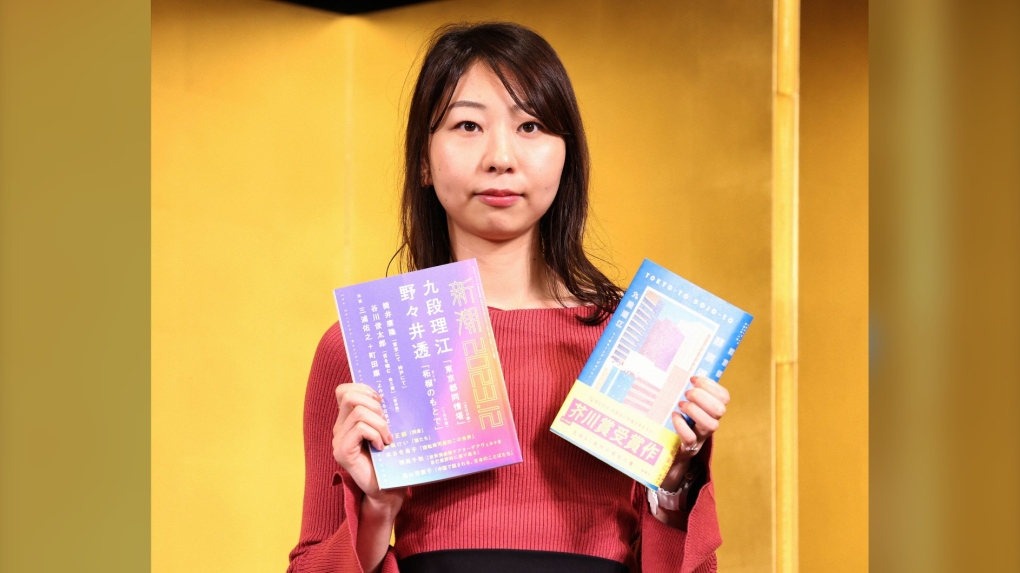When Rie Kudan, a distinguished Japanese novelist, clinched a top-tier literary accolade, she openly acknowledged her collaboration with an unexpected ally — ChatGPT.
Embracing the fusion of AI in her literary endeavors, the 33-year-old laureate, honored with the Akutagawa Prize for her exceptional debut in fiction, revealed her strategy to blend AI assistance with her unbridled imagination.
During a media briefing, Kudan unveiled that a fraction — nearly 5% — of her acclaimed novel, “The Tokyo Tower of Sympathy,” was directly crafted by AI. This novel, celebrated by critics as nearly impeccable, delves into the moral quandaries faced by an architect commissioned to design a humane skyscraper prison in Tokyo, integrating AI as a pivotal element.
Kudan shared personal insights, mentioning her reliance on ChatGPT for advice on personal dilemmas, a process that inadvertently influenced her protagonist’s dialogues.
Her adoption of AI in artistry stirred discussions, echoing the broader debate in the creative realm about the implications of AI on traditional craftsmanship.
The previous year witnessed Boris Eldagsen, a photographer from Berlin, retracting from the Sony World Photography Awards after disclosing his AI-generated winning piece. Prominent authors like George R. R. Martin, Jodi Picoult, and John Grisham initiated legal action against OpenAI, alleging unauthorized usage of copyrighted material in training AI models.
The call for ethical AI practices gained momentum as over 10,000 writers, including notables like James Patterson, Roxane Gay, and Margaret Atwood, demanded consent and fair compensation for the use of their works in AI model training.
Keiichiro Hirano, a member of the award jury and an active voice on X (formerly Twitter), clarified misconceptions about Kudan’s AI usage, highlighting its deliberate inclusion in the narrative.
While the literary world ponders over the AI debate, Kudan’s novel has intrigued a section of the online community, sparking curiosity about her AI-infused creative process, though it also faced criticism for undermining traditional authorship.

2 thoughts on “The winner of a prestigious Japanese literary award has confirmed AI helped write her book”